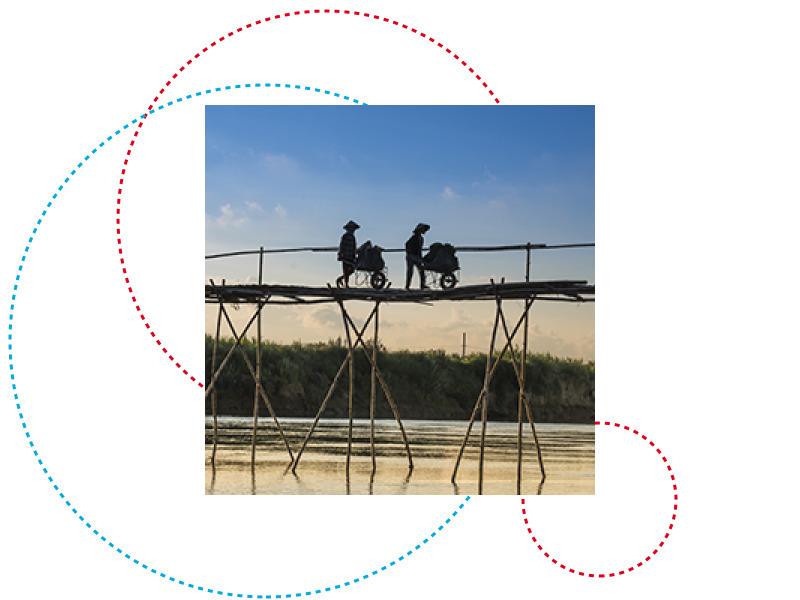Guest lecture by Assistant Professor Dr. Steffen Rimner, Utrecht University
In both time and space, the global postwar period has long been conceptualized in dualistic terms: the bipolarity of alliances around the world focused on the seemingly inevitable physics of affiliation with the “Eastern” or “Western” bloc. The classic beginning and the end of the Cold War have revolved around Europe as the permanent center of gravity in global politics. Yet, some regions crisscrossed the logic, dynamics and outcomes of the bipolar Cold War system. This talk will argue for the vital, indeed formative contribution of East Asia to the ingredients of global political stability since the 1970s. It examines the region’s inner cohesion against the strains of the 1970s and the external reconfiguration of global politics that regional shifts of international legitimacy entailed. It will pay particular attention to East Asia as a laboratory of new global practices of territoriality and statehood and invites discussion on the sources of international conflict and cooperation and related themes.
About the speaker
Steffen Rimner is currently Assistant Professor of the History of International Relations at Utrecht University in the Netherlands. His teaching and research focuses on China, Japan and the wider Asia Pacific region with its changing global influence from the late nineteenth century to the present. He was educated at the University of Konstanz (B.A.), Yale University and Harvard University (A.M., Ph.D.).
His first book, Opium’s Long Shadow: From Asian Revolt to Global Drug Control (Cambridge, Mass.: Harvard University Press, 2018) has just been published.
